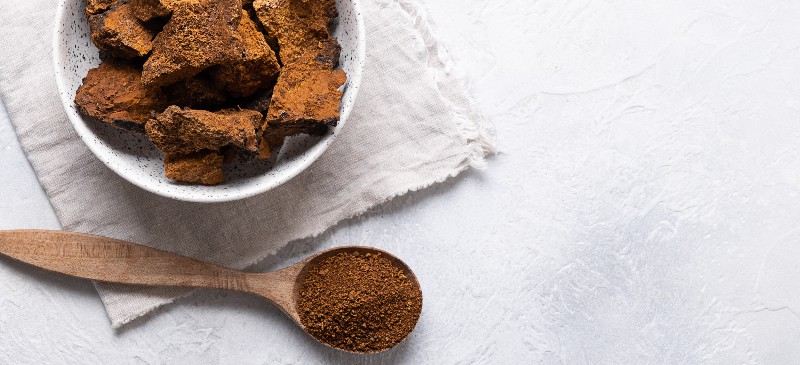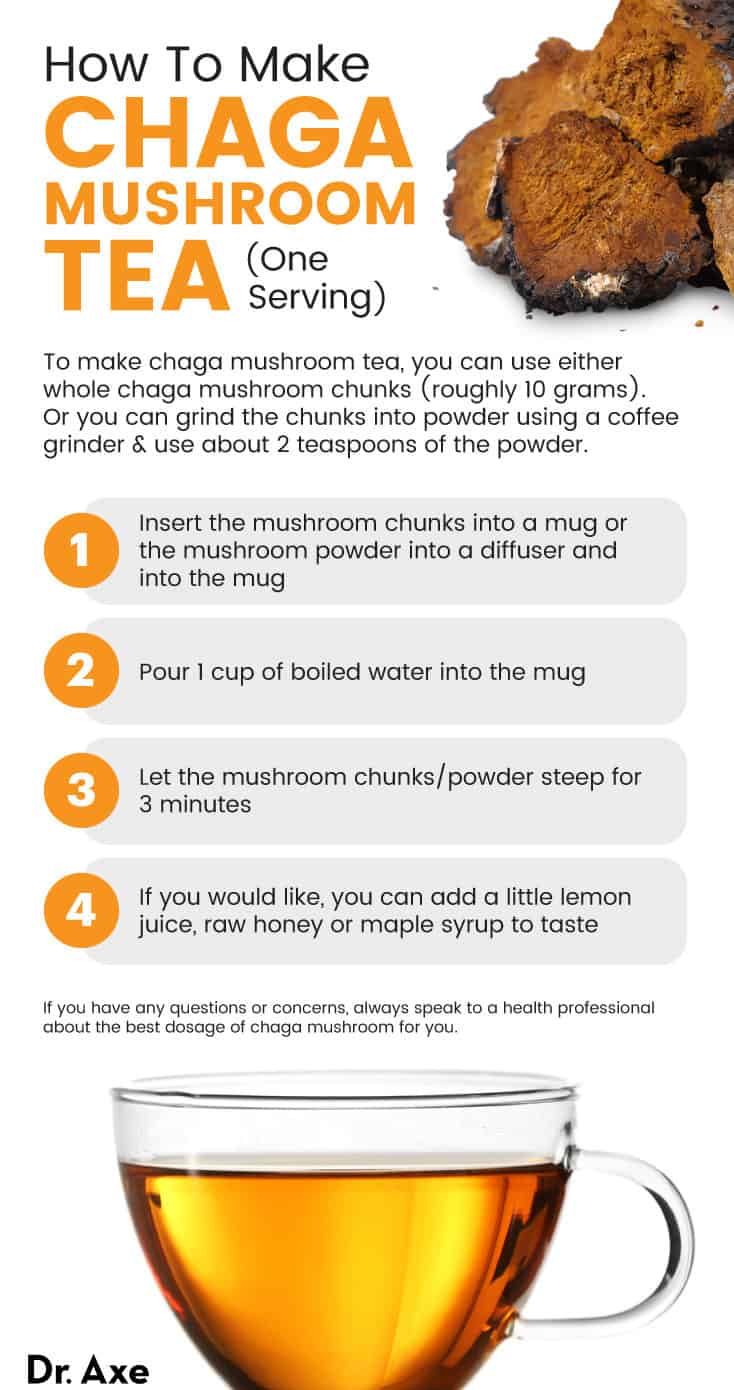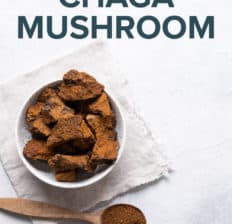This Dr. Axe content is medically reviewed or fact checked to ensure factually accurate information.
With strict editorial sourcing guidelines, we only link to academic research institutions, reputable media sites and, when research is available, medically peer-reviewed studies. Note that the numbers in parentheses (1, 2, etc.) are clickable links to these studies.
The information in our articles is NOT intended to replace a one-on-one relationship with a qualified health care professional and is not intended as medical advice.
This article is based on scientific evidence, written by experts and fact checked by our trained editorial staff. Note that the numbers in parentheses (1, 2, etc.) are clickable links to medically peer-reviewed studies.
Our team includes licensed nutritionists and dietitians, certified health education specialists, as well as certified strength and conditioning specialists, personal trainers and corrective exercise specialists. Our team aims to be not only thorough with its research, but also objective and unbiased.
The information in our articles is NOT intended to replace a one-on-one relationship with a qualified health care professional and is not intended as medical advice.
Chaga Mushroom: 5 Benefits and How to Make Chaga Tea
May 14, 2023

A common star of mushroom coffee and mushroom tea, the chaga mushroom is loaded with impressive health benefits. It actually has one of the highest ORAC scores of any food.
Why is this a good thing? ORAC stands for “oxygen radical absorbent capacity.”
The higher the ORAC value, the better a food’s ability to protect the body from disease-causing free radicals. It also means that chaga mushrooms are one of the best sources of antioxidants, with an ORAC value of 146,700.
So why exactly do people want to add chaga mushroom to their diets? What are the benefits of chaga?
People have been known to take chaga mushroom for many health concerns, including heart disease, diabetes, liver disease, parasites, stomach pain and certain types of cancer.
Let’s talk more about possible chaga mushroom benefits and why there’s so much buzz about disease-fighting mushrooms these days.
What Is the Chaga Mushroom?
Chaga mushrooms (Inonotus obliquus) grow wild in places like Siberia, Northern Canada, Alaska and some northern areas of the continental United States. They are a type of fungus mainly grows on the outside of birch trees in very cold climates.
They also can be found on beech, alder, chestnut and hornbeam trees
Chaga mushroom identification isn’t too difficult since they have such a distinct appearance.
What do chaga mushrooms look like? They tend to be lumpy with an exterior that looks similar to burnt charcoal with a softer, squishy yellow-orange core.
The name “chaga” comes from the Russian word for mushroom. These mushrooms have also been called “black gold.”
These mushrooms have been used as traditional medicine in Northern European countries as well as Russia for hundreds of years. They have been used traditionally to treat diabetes and gastrointestinal cancer, along with heart disease, in these areas of the world.
When chaga mushrooms grow on birch trees, as they commonly do, they are quite a sight to see. Not only do they look like burnt wood, but they also can grow in a clump that ends up being as big as a human head.
Like other medicinal mushrooms, the chaga mushroom requires the introduction of hot water or alcohol to break down its tough cellular walls to make the benefits of the mushroom available for human consumption.
Can you put chaga in coffee? You definitely can!
Nowadays, mushroom coffee and tea are picking up popularity. This may seem like a new idea, but chaga mushroom actually was used as a coffee substitute during World Wars I and II.
What does chaga do for the body? Researchers have investigated it for its use in combating cancer for a very long time. Ironically, chaga mushroom is sometimes called a “tree cancer” because the presence of chaga fungus eventually kills its host tree.
Nutrition Facts
Chaga mushrooms really are most impressive for their antioxidant content. They are low in calories, very high in fiber and free of fat and sugar.
Two teaspoons of raw chaga chunks contain about:
- 30 calories
- 0 grams fat
- 7 grams carbohydrates
- 7 grams fiber (28 percent DV)
Benefits
1. Prevent and Treat Cancer
If you search online, it’s not hard to find some impressive chaga mushroom cancer testimonials, but is there any solid chaga mushroom science behind its use for cancer?
According to the Memorial Sloan Cancer Center, “Laboratory and animal studies show that chaga can inhibit cancer progression. Studies in humans are needed.”
In fact, in one study, tumor-bearing mice who supplemented with chaga mushroom extract experienced a 60 percent tumor size reduction. Meanwhile, mice with metastatic cancer (tumors spread to other parts of the body) had a 25 percent decrease in their number of nodules compared to the control group.
Another study published in the World Journal of Gastroenterology looked at the effects of this mushroom on cancerous human liver cells. The research reveals that chaga extract may be able to prevent liver cancer cell growth, making it a potential treatment for cancer in the liver.
2. Stimulate the Immune System
In animal studies, these mushrooms have helped to boost the immune system by increasing the production of certain immune cells including interleukin 6 (IL-6) as well as T lymphocytes.
These substances help to regulate the immune system and make sure that your body is fighting off any invading bacteria and viruses.
Research has shown that chaga extracts can stimulate spleen lymphocytes, which can then have a direct positive effect on immune system function.
3. Potent Antiviral
This mushroom appears to have antiviral abilities when it comes to quite a few viruses.
Scientific research published in 2015 found that extracts of chaga had an antiviral affect on human immunodeficiency virus (HIV) type 1.
It has also been shown in animal studies to have antiviral effects when it comes to the hepatitis C virus. Using animal cells, the researchers found that the chaga extract was able to decrease the infective properties of the hepatitis C virus by 100-fold in just 10 minutes.
Studies continue, but it looks like this mushroom is a worthy candidate for use in the development of new antiviral drugs.
4. Inflammation Reducer
These mushrooms have been shown to reduce inflammation.
For example, an animal study showed that chaga extract can reduce inflammation due to ulcerative colitis in animal subjects. Specifically, the researchers found that the anti-inflammatory effect of the extract in the colon was due to its ability to suppress the expression of chemical mediators of inflammation.
Why is this significant? Because the chemical mediators released during inflammation make inflammation that much more intense and also promote a continuation of the inflammatory response.
5. Improve Physical Endurance
In animal studies, this mushroom has significantly improved physical endurance.
One study published in 2015 found that when mice were given chaga mushroom polysaccharides, the mice were able to swim longer, the glycogen (fuel) content of both muscles and liver increased, while lactic acid levels in the bloodstream decreased.
Put that all together and it’s a recipe for less fatigue and better endurance.

Risks, Side Effects and Drug Interactions
Chaga mushroom side effects (including chaga tea side effects) and safety are currently unclear.
To date, there are no clinical trials that have evaluated the safety of these mushrooms in humans. Thus, there is also no standard dosage for humans.
There is a case report of kidney damage/disease in a 72 year-old Japanese woman with liver cancer, caused by taking chaga daily for six months. This mushroom is also high in oxalates, which may prevent the absorption of certain nutrients and can be toxic in high dosages.
If you are pregnant or breastfeeding, it’s best to avoid these mushrooms because their use has not been studied in pregnant and breastfeeding women.
If you are currently taking any medication or being treated for any medical condition, check with your doctor before you add this mushroom to your diet.
Is chaga mushroom safe? Are there are any specific warnings?
There are concerns about chaga and the following conditions:
- Autoimmune diseases, including rheumatoid arthritis (RA), multiple sclerosis (MS), lupus (systemic lupus erythematosus (SLE) — This mushroom can make the immune system more active, which could lead to increased symptoms of autoimmune disease.
- Diabetes — It may decrease blood sugar levels in diabetics.
- Bleeding Disorders — It may raise the risk of bleeding so it’s best not to use if you have a bleeding disorder.
- Surgery — Stop using chaga at least two weeks before any type of surgery since it may increase bleeding risk and/or affect blood sugar control during and after surgery.
If you have any negative side effects while taking this mushroom, discontinue use and seek medication attention if needed.
How to Use
How can you include chaga in your life? Chaga mushroom is available as a supplement in the form of a chaga tincture, capsule, tablet or powder online and in health food stores.
You can also find mushroom coffee or mushroom tea that includes this mushroom alone or in combination with other mushrooms, such as cordyceps.
Some of the most common medicinal mushrooms in mushroom tea and mushroom coffee are:
- Chaga
- Cordyceps
- Reishi
- Lion’s mane
- Turkey tail
- Shiitake
Mushroom coffee is said to be less acidic and have less caffeine compared to regular coffee. A cup of mushroom coffee typically has around half of the caffeine content of a regular cup of joe.
What about the taste of mushroom coffee? Makers and drinkers of this interesting brew claim it doesn’t taste like mushrooms and that the added mushrooms taste similar to the coffee itself.
If you’re interested in potential chaga mushroom tea benefits, you can easily make this tea at home. Of course, first you’ll need some raw chunks of chaga mushrooms or chaga mushroom powder.
Does chaga keep you awake? No, it does not contain any caffeine.

How to Make Chaga Tea (One Serving)
To make this chaga mushroom tea recipe, you can use either whole chaga mushroom chunks (roughly 10 grams) or grind the chunks into powder using a coffee grinder and about two teaspoons of the chaga powder. Either way, this is an easy beverage you can make at home.
Here’s how to make it:
- Insert the mushroom chunks into a mug or the mushroom powder into a diffuser and into the mug.
- Pour 1 cup of boiled water into the mug.
- Let the mushroom chunks/powder steep for 3 minutes.
- If you would like, you can add a little lemon juice, raw honey or maple syrup to taste.
If you have any questions or concerns, always speak to a health professional about the best dosage for you.
Final Thoughts
- People have used chaga mushrooms traditionally for centuries in Russia and Northern European countries.
- To date, researchers have conducted the majority of studies on this mushroom using animal subjects or human cells. Hopefully, research with human subjects will become more common to demonstrate the mushroom’s health benefits.
- What is chaga good for? Studies to date due look very promising when it comes to all kinds of major health concerns, including cancer and viruses.
- Animal research has also shown that it can lower inflammation while boosting immune function and physical endurance.
- Mushroom coffee or mushroom tea is a great, easy way to incorporate a moderate amount of these mushrooms into your diet.
- Drinking coffee that contains mushrooms may sound really strange, but drinkers actually say mushroom coffee tastes great and gives them more balanced energy.
- A homemade chaga tea recipe will definitely give you more of the mushroom flavor (compared to coffee) and is so easy to make.














